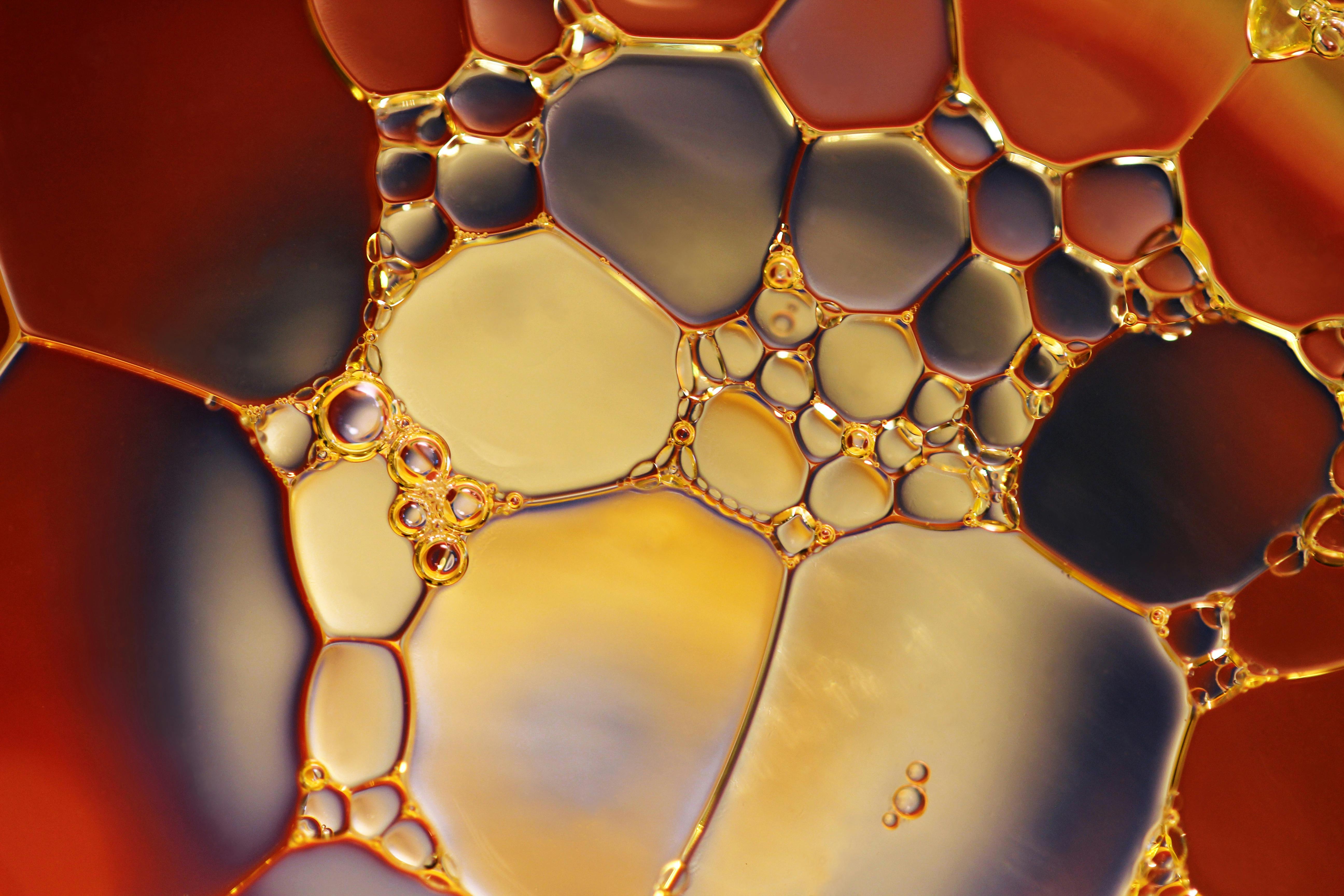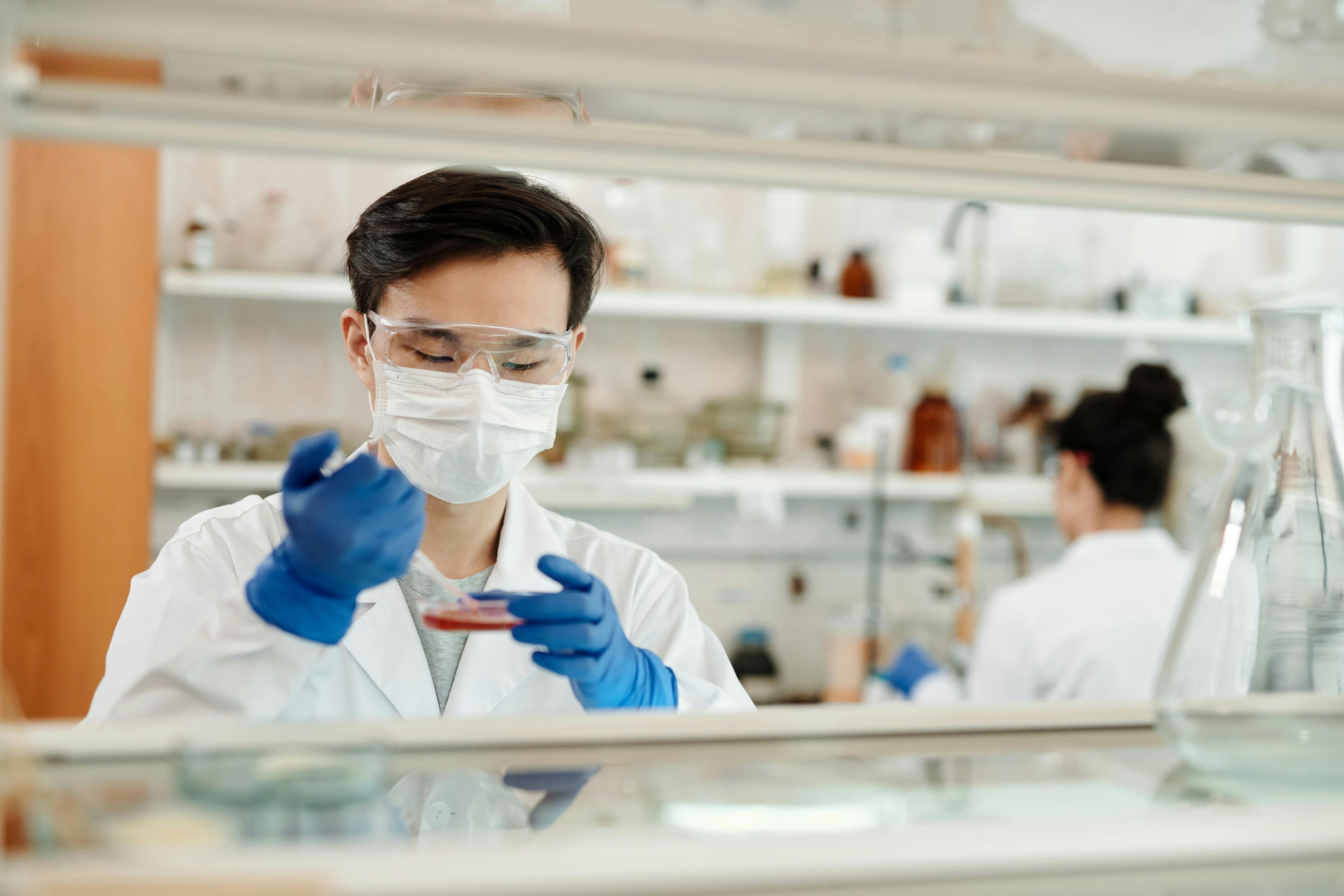A distillate in chemistry is a liquid that has been purified through a process of distillation. Distillation is a method of separating liquids from solids, and it involves heating a mixture to its boiling point so that the vapor can be collected and cooled into a condensed liquid. Distillation can be used to separate mixtures containing different concentrations of components, such as alcohol and water. The resulting distilled liquid is known as the distillate.A distillate in chemistry is a liquid that has been purified through the process of distillation. Distillation involves boiling a mixture of liquids to separate and purify them, and the result is a more concentrated form of the original liquid.
Types of Distillation
Distillation is a process used to separate components of a liquid mixture based on differences in their boiling points. There are several types of distillation, each suited for particular purposes, such as separating water from alcohol or purifying a substance. The most commonly used types of distillation include simple distillation, fractional distillation, steam distillation, and vacuum distillation.
Simple Distillation
Simple distillation is used to separate mixtures with large differences in boiling points. It involves heating the liquid mixture until one component boils off and is collected as vapor. This vapor is then cooled and condensed back into liquid form. This process can be repeated multiple times to purify the desired component. However, simple distillation can only separate mixtures that have boiling points that differ by at least 25 degrees Celsius.
Fractional Distillation
Fractional distillation is similar to simple distillation but it uses a fractionating column which allows for more efficient separation of components with close boiling points. This process involves heating the liquid mixture until one
Distillation
Distillation is a process used to separate and purify liquids based on their different boiling points. It involves heating a mixture of two or more liquids, causing them to evaporate at different temperatures. As the vapors rise, they are condensed and collected separately, leaving behind any impurities that were present in the original mixture. This process is often used in the production of alcohol, essential oils, and other products.
How Does Distillation Work?
The distillation process begins with a liquid mixture containing two or more compounds. As the mixture is heated, the compounds evaporate at different temperatures due to their different boiling points. The vapors then travel up a column or tube and are cooled by a condenser. The cooler vapors then condense into liquid form and are collected in an appropriate vessel. This process separates out any impurities that were present in the original mixture, leaving only the desired compounds behind.
The efficiency of distillation depends on several factors including the composition of the original mixture, temperature control, and pressure control. It can be used to purify liquids with
The Benefits of Distillation
Distillation is a process used to separate and purify liquids or gases by heating them to a boiling point and then condensing the vapor. This process has many benefits, including the ability to concentrate liquids, remove impurities, and separate mixtures. It is also used to create high-purity products such as distilled water, ethanol, essential oils, and pharmaceuticals. Here are some of the benefits of distillation:
Concentration: Distillation can be used to concentrate liquids, such as alcohol or essential oils. The high temperatures cause the liquid components with lower boiling points to evaporate more quickly than those with higher boiling points. This allows for a higher concentration of the desired components in the finished product.
Purification: Distillation is also used to purify liquids by removing impurities such as solids, minerals, and other dissolved substances. The boiling process separates out these unwanted components and allows for a much purer final product.
Separation: Another
Applications of Distillation
Distillation is a process used to separate components from a liquid mixture by using selective boiling and condensation. This process has a wide variety of applications in many different industries. It is used to purify water, produce fuel, and manufacture chemicals.
In the food and beverage industry, distillation is used to create alcoholic beverages such as beer, wine, whiskey, and vodka. Distillation is also used to separate essential oils from plant materials for use in perfumes, cosmetics, and aromatherapy products.
The pharmaceutical industry relies heavily on distillation for the production of medicines, antibiotics, and hormones. Distillation is also employed in the production of petroleum products such as gasoline, kerosene, and diesel fuel. In the oil refining process, crude oil is heated until it vaporizes into hydrocarbon molecules which can then be separated through fractional distillation.
In addition to these uses, distillation can be utilized in laboratories for analytical purposes. It is often used to separate volatile compounds or alkaloids from plant materials for scientific research purposes. Distillation

Fractional Distillation
Fractional distillation is a process that separates mixtures of liquids with different boiling points. It is a common technique used in the refining of petroleum and the production of ethanol. The technique involves heating the mixture to its boiling point and then cooling it slowly so that the individual components can be collected separately. This method works because compounds with different boiling points will vaporize at different temperatures, allowing them to be collected in separate containers. Fractional distillation is a very efficient way to purify liquids, as it requires only one heating cycle and produces relatively pure samples of each component. The process is also relatively inexpensive compared to other purification methods, making it a popular choice for industries such as chemical manufacturing and petroleum refining.
Steam Distillation
Steam distillation is a process of separating components in a liquid mixture through the use of steam. It is a common laboratory technique used to purify or isolate volatile compounds from non-volatile compounds. Steam distillation works by heating the mixture to boiling point, and then allowing the vaporized components to pass through a condenser and collect in a separate container. The condenser allows the vaporized components to cool and liquefy, at which point they can be collected for further analysis or use. Steam distillation is often used for essential oils, which are highly volatile and easily broken down by heat. It can also be used to separate other liquids that have different boiling points, such as alcohols and water.
The process of steam distillation has been around for centuries, but it has seen an increase in popularity in recent years due to its efficiency and low cost. The process is simple to set up and requires only basic equipment, making it an attractive option for many laboratories and businesses. The resulting products are often purer than those obtained through conventional distillation methods, as the steam helps to strip away impurities from the mixture. Steam distillation can
What Is Vacuum Distillation?
Vacuum distillation is a process that involves the use of a vacuum to lower the boiling point of a substance, allowing for a more efficient separation and purification of materials. This technique is commonly used in the production of many types of products, such as pharmaceuticals, food products, and industrial solvents. By decreasing the pressure in the system, materials can be distilled at much lower temperatures than would otherwise be possible. Vacuum distillation also allows for higher purity in the final product, since fewer impurities are left behind during the process.
How Does Vacuum Distillation Work?
In vacuum distillation, a vacuum pump is used to create a low-pressure environment inside a distilling chamber. This reduces the boiling point of substances within the system and allows them to evaporate at much lower temperatures than would normally be required. The evaporated material is then cooled by condensation back into liquid form and collected separately from impurities which remain in the chamber or are removed through other means. This process can be repeated multiple times to further refine and purify the

Conclusion
In conclusion, distillation is an important process in chemistry. It is used to separate liquids of different boiling points and to purify them. Distillation can also be used to produce concentrated solutions and other products from mixtures of compounds. Distillates are the resulting products of distillation, which are often more pure or concentrated than the original mixture. Distillates can be further refined to produce useful industrial products such as fuels, pharmaceuticals, or food additives.
Distillation is a widely used technique in the chemical industry and has many applications in various fields. It is a safe and efficient method for separating and purifying liquids, as well as producing concentrated solutions. Distillates are an important part of the chemical industry and are used in a variety of industries.

